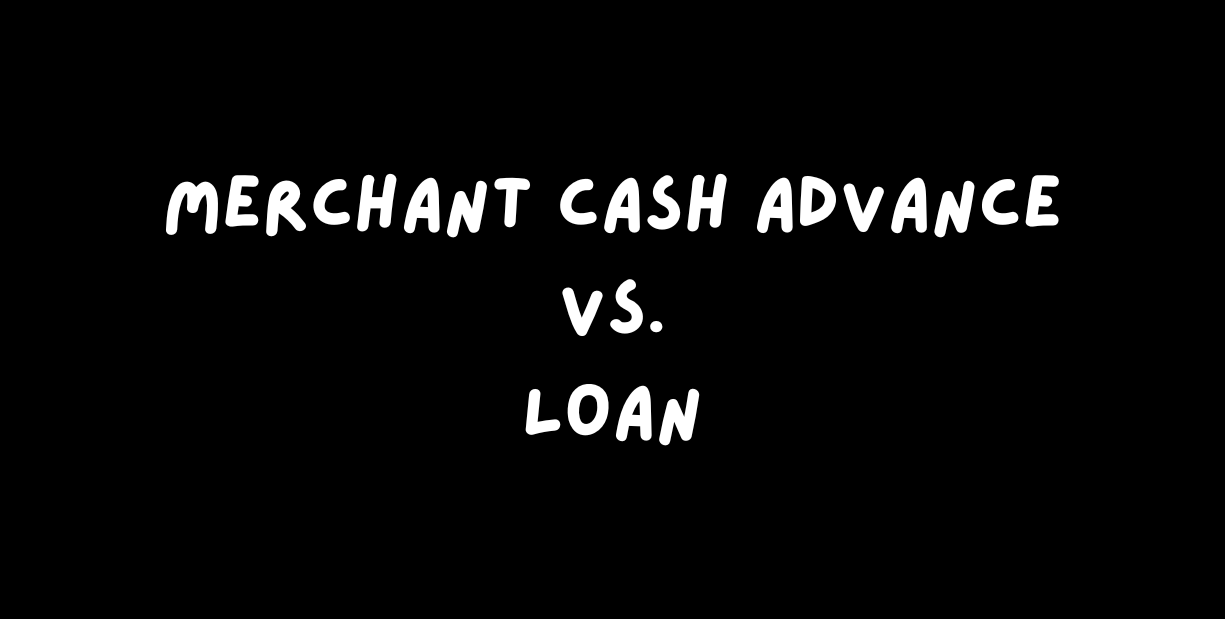How to Get Out of MCA Debt in New York
How to Get Out of MCA Debt in New York

To get out of merchant cash advance (MCA) debt, you can negotiate a reduced settlement, restructure payments, challenge the agreement legally, or file for bankruptcy as a last resort. A qualified MCA defense attorney can help assess your options and protect your business.
Merchant cash advances are easy to get—but incredibly difficult to escape. Small business owners across New York take MCAs hoping for short-term relief, only to end up drowning in daily debits, stacked advances, and legal threats.
If you’re looking for a way out of merchant cash advance debt, you're not alone. At J. Singer Law Group, we help businesses navigate this financial trap, fight back against aggressive funders, and take legal action when necessary.
Why MCA Debt Becomes Unmanageable
MCAs are not traditional loans. Instead of charging interest, they deduct a fixed amount or a percentage of your sales daily or weekly—regardless of how your business is performing.
This structure often leads to:
- Cash flow shortages
- Inability to make payroll or pay vendors
- Taking additional MCAs to cover previous ones
- Legal threats or frozen bank accounts
Once you fall behind, MCA funders may file lawsuits, garnish accounts, or enter judgments without your knowledge (often using a confession of judgment clause).
Step 1: Understand Your Agreement
The first step toward getting out of MCA debt is reviewing your agreement. Despite being labeled as a “purchase of receivables,” many MCA contracts function like loans—and may violate New York usury laws.
An experienced attorney can:
- Review the contract for illegal or deceptive terms
- Determine if the funder’s actions breach the agreement
- Spot opportunities to challenge the debt in court
Step 2: Stop the Bleeding
If you’re dealing with multiple MCAs or daily deductions that are threatening your business survival, it’s time to pause and regroup.
You may be able to:
- Temporarily block debits by switching banks
- Consolidate or restructure the debt (with legal help)
- Negotiate a reduced payoff
- File a motion to vacate a judgment if one has already been entered
These steps should be handled carefully. MCA funders are aggressive, and going it alone could make things worse.
Step 3: Consider Legal Defenses
Many businesses don’t realize that MCA contracts are often legally vulnerable. You may have a strong defense if:
- The agreement is actually a loan disguised as a receivables sale
- The interest rate exceeds New York’s usury cap (25%)
- The contract included a confession of judgment that was improperly filed
- The funder used deceptive sales tactics or didn’t provide full disclosure
- You were misled about repayment terms or consequences
At J. Singer Law Group, we’ve helped New York business owners vacate judgments, unfreeze bank accounts, and fight back in court.
Step 4: Negotiate a Settlement
In many cases, MCA companies are open to negotiating a lump sum settlement—especially when faced with legal challenges or nonpayment.
We can help you:
- Negotiate a reduced amount that’s affordable and final
- Ensure the agreement is legally binding
- Get the funder to stop collection efforts once resolved
- Avoid personal liability where possible
Step 5: Explore Bankruptcy as a Last Resort
If your business is overwhelmed with MCA debt and no longer viable, Chapter 11 or Chapter 7 bankruptcy may be a last-resort option.
Bankruptcy can:
- Stop collection efforts and lawsuits
- Eliminate or restructure MCA debt
- Provide time to reorganize or shut down responsibly
Bankruptcy isn’t for everyone, but it can be a powerful tool when used strategically. We’ll help you understand the pros and cons before moving forward.
How J. Singer Law Group Helps
We’re not a debt settlement company. We’re a New York law firm that defends business owners from unfair, predatory MCA practices.
Our MCA defense attorneys can:
- Analyze and challenge the legality of your contract
- Negotiate directly with funders or their attorneys
- Stop court actions, account freezes, and aggressive collections
- Represent you in litigation if needed
- Help you settle or discharge the debt based on your situation
Our goal is to help you get out of MCA debt—and protect your business and future in the process.
Frequently Asked Questions (FAQ)
1. Can I get out of an MCA without going to court?
Yes. Many cases are resolved through negotiated settlements or legal defenses that don’t require litigation.
2. Can a lawyer really help with MCA debt?
Absolutely. An experienced attorney can identify defenses, block funder abuse, and negotiate better terms than you could on your own.
3. What if I’ve already been sued?
You may still have defenses. We can review the complaint, determine if the confession of judgment was valid, and file motions to vacate if appropriate.
4. What if I have multiple MCA agreements?
This is common. We can help you prioritize, consolidate negotiations, and prevent additional stacking or compounding damage.
5. Will bankruptcy wipe out MCA debt?
In many cases, yes. But it depends on your contract terms and business structure. We’ll advise you on whether bankruptcy is the right move.
Call to Action: Take Control of Your MCA Debt Today
If merchant cash advance debt is threatening your business, don’t wait until funders freeze your accounts or file lawsuits.
Contact J. Singer Law Group now for a confidential consultation. We’ll help you understand your options, fight back legally, and regain control of your business finances. Speak with a
New York MCA defense attorney today and take the first step toward freedom from MCA debt.











